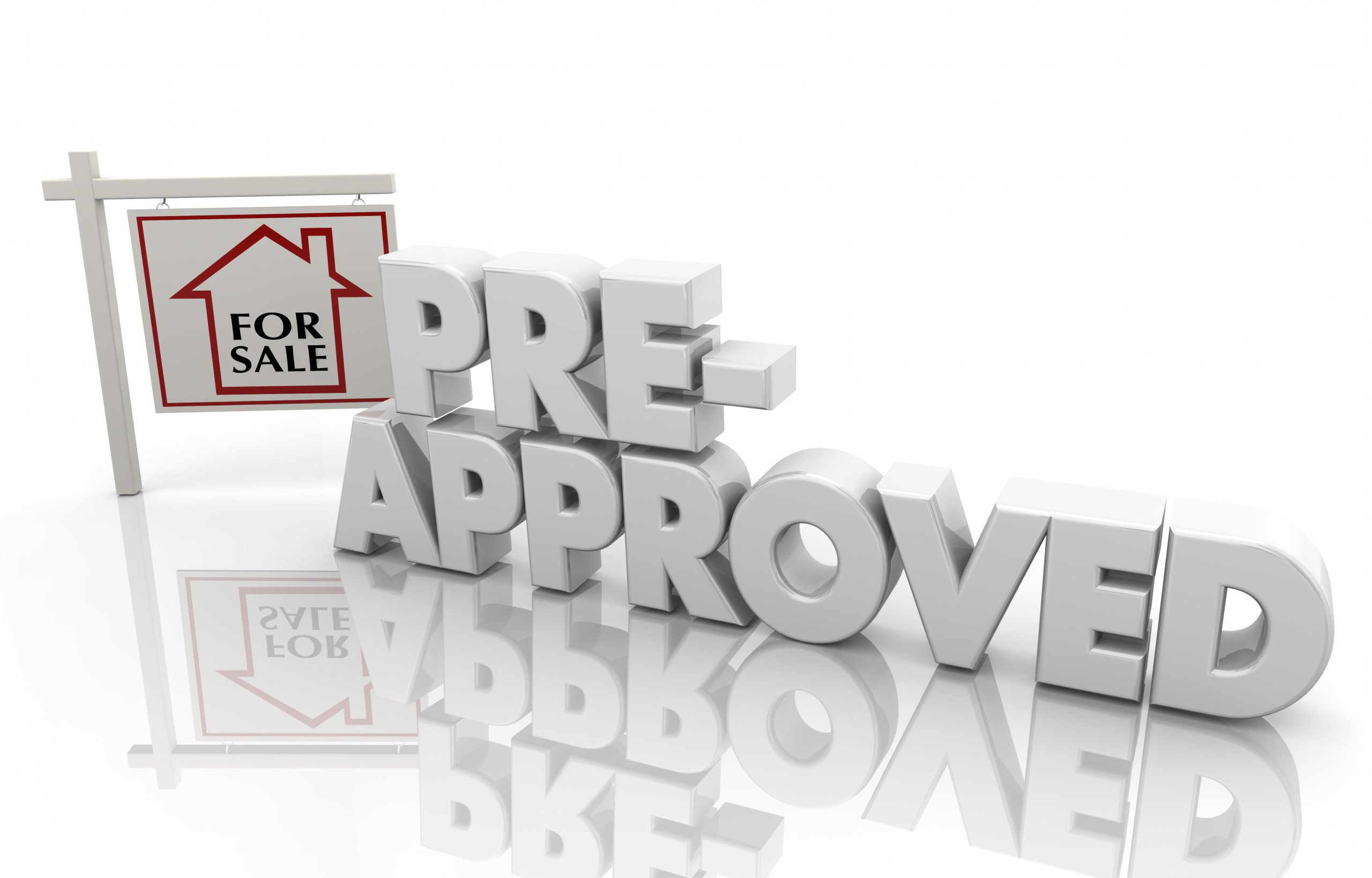Buying a home is one of the biggest financial decisions you’ll ever make—and while it’s…
How Inflation Affects Mortgage Rates
Inflation has been a hot topic in recent years—and for good reason. As prices for goods and services rise, everything from groceries to gas becomes more expensive. But inflation doesn’t just affect your everyday purchases—it also plays a major role in determining mortgage rates.
At Rapid Home Loan, we want to help you understand how economic factors like inflation influence your home financing, so you can make smarter decisions whether you’re buying, refinancing, or renewing your mortgage.
🔍 What Is Inflation?
Inflation is the rate at which prices for goods and services increase over time. When inflation is high, each dollar buys less than it did before. Central banks (like the Bank of Canada or U.S. Federal Reserve) aim to keep inflation under control by adjusting interest rates.
📈 The Link Between Inflation and Mortgage Rates
Mortgage rates don’t exist in a vacuum—they’re directly influenced by inflation. Here’s how it works:
1. Central Banks Raise Rates to Fight Inflation
When inflation rises too quickly, central banks step in and increase their benchmark interest rates to cool down the economy. This makes borrowing more expensive, which helps slow spending and bring inflation back under control.
2. Mortgage Lenders Follow Suit
Once the central bank raises rates, lenders raise their mortgage rates to keep pace. This affects both variable and, to a slightly lesser extent, fixed-rate mortgages.
📌 Variable-rate mortgages are especially sensitive to inflation-driven rate changes. If you have one, your payments could rise soon after a rate hike.
📌 Fixed-rate mortgages are influenced more by long-term bond yields, which also go up when inflation is high.
3. Inflation Creates Uncertainty
Lenders increase rates partly to offset the risk of lending money during periods of economic instability. When inflation is unpredictable, lenders build in a higher “risk premium,” resulting in higher mortgage rates for borrowers.
💸 What This Means for Homeowners and Buyers
🔄 If You’re Renewing Your Mortgage
Expect to see higher rates than your previous term—especially if you locked in during a low-rate period. Start shopping around early to find the best options. Rapid Home Loan can help you compare offers across lenders.
🏡 If You’re Buying a Home
You may qualify for a smaller loan than you expected. Rising mortgage rates reduce purchasing power, so it’s important to get pre-approved and lock in a rate if you’re house hunting.
🔁 If You’re Considering Refinancing
Refinancing might still make sense if you want to consolidate debt or switch from a variable to a fixed rate—but it’s crucial to crunch the numbers. Let Rapid Home Loan help you evaluate your options.
🛡️ How to Protect Yourself in a High-Inflation Environment
At Rapid Home Loan, we recommend the following strategies to navigate the mortgage market during inflation:
-
🔒 Consider locking in a fixed rate for stability
-
💰 Increase your monthly payments (if possible) to pay down more principal
-
🧾 Review your mortgage annually to identify better options
-
📉 Reduce high-interest debt to improve cash flow





